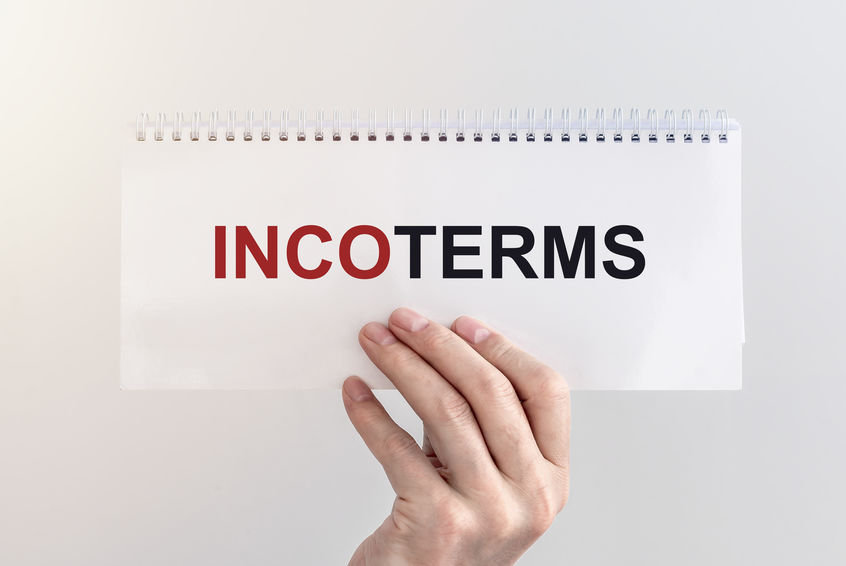We share hands-on advice for everyday trade and logistics challenges. Access insights and actionable strategies that drive certainty, continuity, and compliance across your operations.
Incoterms – Providing clarity in International Trade

What are Incoterms? Incoterms (full name: international commercial terms) are standard sets of terms and conditions designed to assist traders when goods are sold and transported. Published by the International Chamber of Commerce, they are intended to clearly communicate the costs and risks associated with the.
Canadian dollar: Devaluation = Increase in exports?

Many exporters are asking: “Why – in spite of our dollar trending so much lower from the days of parity – have we not seen a significant increase in Canadian exports?” There is a widely held perception that a weaker Canadian dollar should make the country’s exports cheaper to foreign buyers, leading to greater demand.
Duty Valuation – What is it?

As an importer of goods into Canada, it’s important to have a basic understanding of the overall import process, along with the rules and regulations that govern it. A key consideration with respect to importing goods into Canada is assessing the proper Duty Valuation (or “value for duty”). The Canada Customs Act.
Why is my shipment held up at the border?

Every day, businesses big and small find themselves facing unanticipated delays at the border. These delays can be a nuisance at best and a supply chain nightmare at worst. They are frustrating, stressful and costly – and they’re also avoidable.
Hanjin Bankruptcy – Update

It’s been less than a month since the announcement of shipping giant Hanjin’s bankruptcy and the shipping industry continues to struggle with pressures coming from a variety of sources in challenging global financial times.
Ordering offshore for the first time? Here’s what you should know.

Many businesses today source offshore to take advantage of lower prices or to obtain goods unavailable in North America. The savings can be significant: sourcing from China, for example, can reduce product costs by as much as 75% - or even more (1). However, there also may be different financial requirements, export.
Cole Offers a Helping Hand To Fort McMurray

Many of our Edmonton and Calgary staff have been deployed from their usual duties at Cole International to help those affected by the fires in Fort McMurray. We appreciate your patience and understanding during this time if you experience any difficulties in contacting a staff member or any inconsistencies in the.
Overseas data processing: A means to an end or an END to a means?

Though we, as a company, do not engage in overseas data processing – mostly based on principle – there are many companies in the Canadian brokerage industry that certainly do, and we would be remiss not to address this growing trend in our business. Let's discuss the actual reasoning behind overseas data processing.
